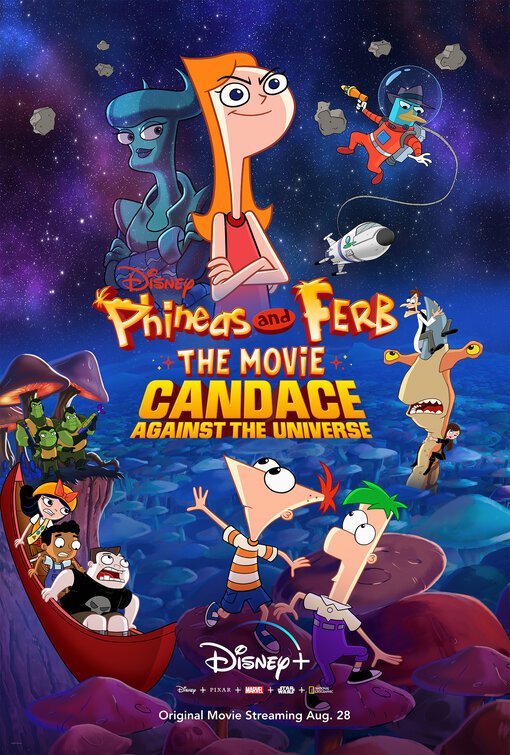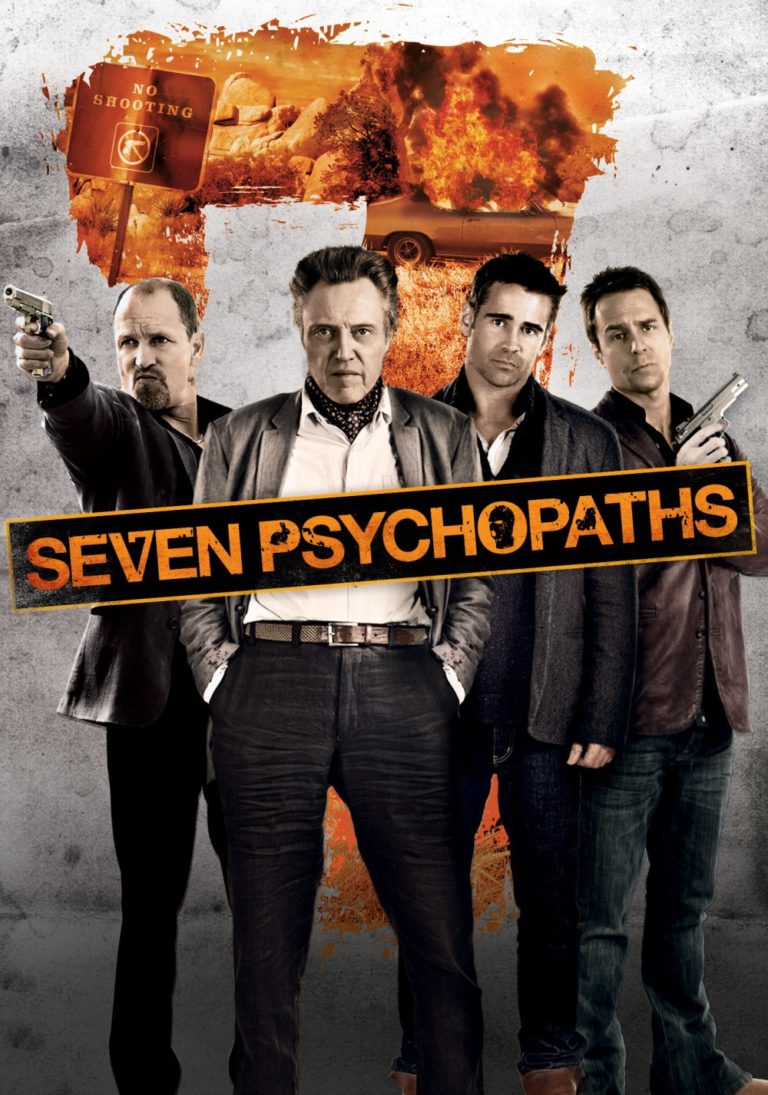“Jumbled Mayhem with an Undefined Message”

| None | Light | Moderate | Heavy | |
|---|---|---|---|---|
| Language | ||||
| Violence | ||||
| Sex | ||||
| Nudity |
What You Need To Know:
The end of SEVEN PYSCHOPATHS becomes a general call for pacifism in the face of violence. However, the filmmakers don’t attach any Christian significance to this solution. So, it comes without any biblical foundation to it. SEVEN PSYCHOPATHS is too jumbled to be a four-star movie. It also has extreme violence, some lewd content and abundant foul language. Also, the conclusion fails to take advantage of some occasional references to Christianity. Consequently, any entertainment value or aesthetic talent the movie displays is ultimately wasted. SEVEN PSYCHOPATHS may have more than just mayhem and dark humor on its mind, but its jumbled, edgy content will have problems finding a wide audience.
Content:
(PaPa, C, B, FR, PC, AP, RH, LLL, VVV, SS, NN, AA, DD, MM) Strong, somewhat mixed pagan worldview with pagan, Christian, moral elements, plus some false religious elements, including a quotation from Gandhi who misquotes the Bible but movie points out that the quote makes no sense anyway and repentant killer decides that the only way he can avoid a vengeance-seeking Christian father is by committing suicide and going to Hell, and a politically correct use of the My Lai massacre in Vietnam to make what sees to be an Anti-American point that smacks of revisionist history; abundant foul language includes about 127 mostly strong obscenities (mostly “f” words), three strong profanities, and two light profanities, plus a couple uses of the “n” word; extreme violence includes fantasy gunfight sequence with people shot dead and one man’s head exploding, two men slit their own throats in a bizarre twist to a bizarre story, point blank shooting murders, elderly man finds his beloved wife shot to death in the cancer ward where she’s staying, man shoots woman in stomach, Buddhist monk sets himself on fire, couple sets serial killer on fire, couple shown tracking down and murdering other serial killers (including having dismembered he body of one in one case), and threats of violence; depicted fornication in one scene, implied fornication in another scene; upper female nudity in three scenes; alcohol use and reference to getting drunk; smoking and brief drug use; and, revenge depicted throughout the movie by several characters but it’s shown to be ultimately destructive, Amish man relentlessly pursues his daughter’s killer even after the killer repents and becomes a Christian in jail, Scripture notion taken out of context.
More Detail:
SEVEN PSYCHOPATHS is partly about the friendship between an Irish screenwriter in Hollywood, Marty, and his best friend, Billy. The story shows how Bill disrupts Marty’s personal and professional life.
Marty is trying to write a screenplay titled “Seven Psychopaths,” but he only has an idea for one psychopath and is past his deadline. Billy offers to help Marty write the screenplay, but Marty’s skeptical. He doesn’t know that Billy’s placed an ad in the paper asking real psychopaths to contact Marty so Marty can interview them and use their stories for his screenplay.
Marty’s life gets derailed when Billy’s dognapping business kidnaps a gangster’s beloved shih tzu dog, Bonny. The gangster vows to hunt down and kill the dognapper. Suddenly, Billy, Marty, and Billy’s elderly partner, Hans, find themselves dealing with a real-life psychopath. It soon becomes clear, however, that Billy is himself a violent psychopath.
While all this is happening, the characters hear three other stories involving four violent psychopaths.
There are several side characters and digressions involving other stories in this movie. Also, the script constantly subverts the viewer’s thoughts about where the movie is going. This can be funny, exciting and tense when unexpected things or bits of crazy, comical dialogue occur. However, it also deprives the movie of a certain level of cohesiveness.
That said, a running theme in the movie is the various reactions one can have when faced with the violence that a psychopath can cause in life. Several of the side characters decide to engage in vigilante justice, which brings out their own psychopathic tendencies. Also, it turns out that, when he was a young Amish man, Billy’s dognapping partner went on a hunt for vigilante justice when his daughter was murdered. That story of his earlier life ends in a bizarre and bloody twist, but the movie never reveals what happened to the partner between that time and his current activities as Billy’s partner in crime. The movie just shows that, somehow, the partner has returned to his more peaceful Christian roots, even though at one point he quotes an anti-violence statement the Non-Christian activist Gandhi once made.
[SPOILER ALERT] At the end of the movie, Marty decides to play the peacemaker between Billy and the irate gangster. Marty’s efforts result in him surviving, but it becomes clear that neither Billy nor the gangster can give up their violent nature. An unrelated story in the movie about a Vietnamese villager angry over the My Lai massacre in his village shows the villager opting to reject seeking revenge as a killer of American soldiers. Instead, he becomes one of the Buddhist monks who set fire to themselves to protest the violent war occurring in Vietnam.
Thus, the end of SEVEN PYSCHOPATHS becomes a sort of general call for pacifism and sacrificial protest in the face of violence. The filmmakers don’t attach any Christian significance to this solution, however, so it comes without any biblical foundation to it.
SEVEN PSYCHOPATHS is too jumbled to be a four-star movie. It also has extreme violence, abundant foul language, dark humor, and brief sex and nudity. Also, the conclusion fails to take advantage of the movie’s occasional references to Christianity. Consequently, any entertainment value or artistic talent the movie displays is ultimately wasted. SEVEN PSYCHOPATHS may have more than just mayhem and dark humor on its mind, but its jumbled content, much of it offensive to media-wise moviegoers, will have problems finding a wide audience. The filmmaker behind it is an acclaimed playwright, but none of his plays has been really successful at the theatrical box office and, having now seen his first and second movie, his future movie projects clearly need to be steered in more positive, more fruitful and more cohesive directions.


 - Content:
- Content: 

